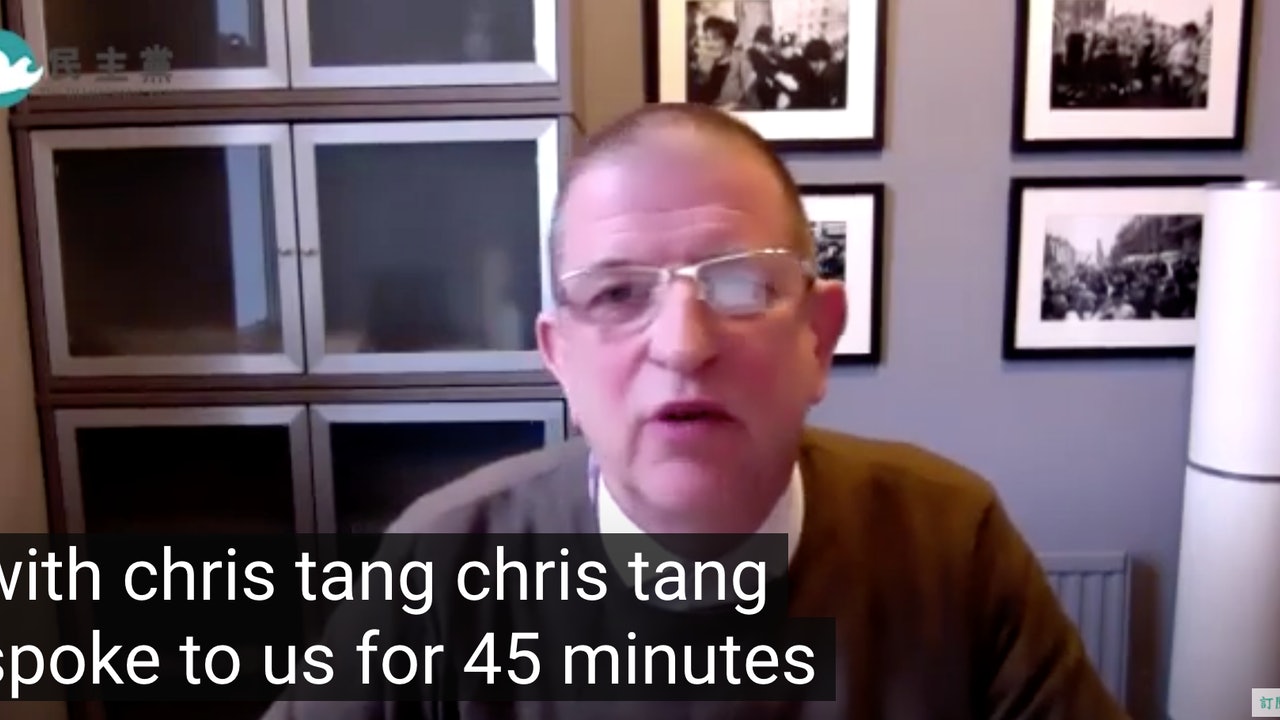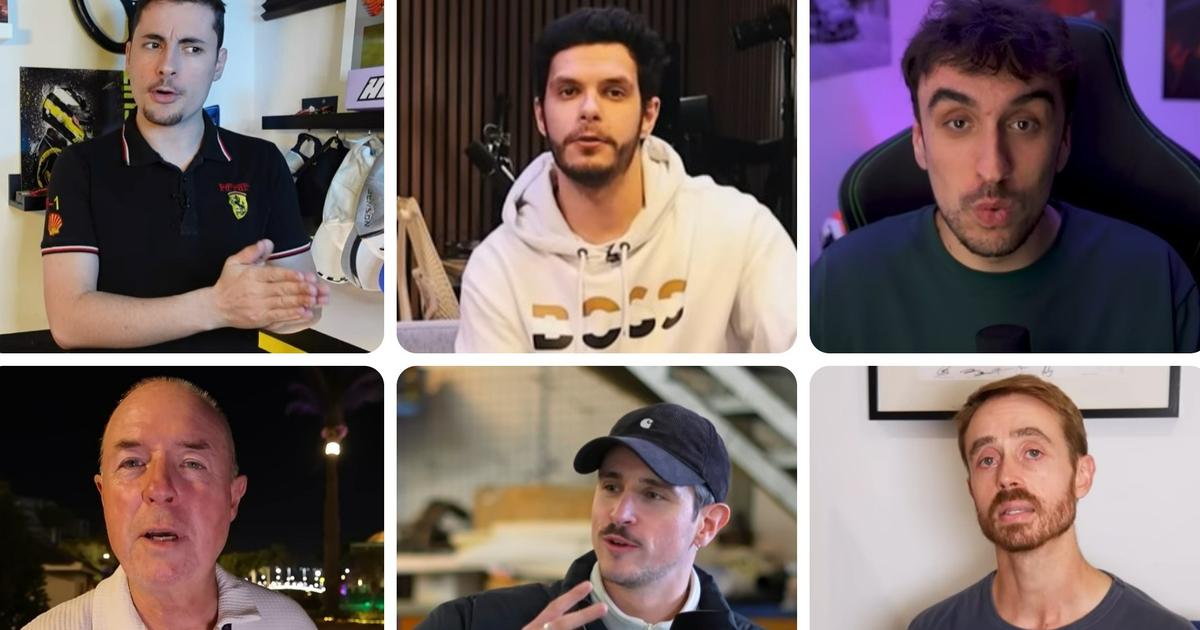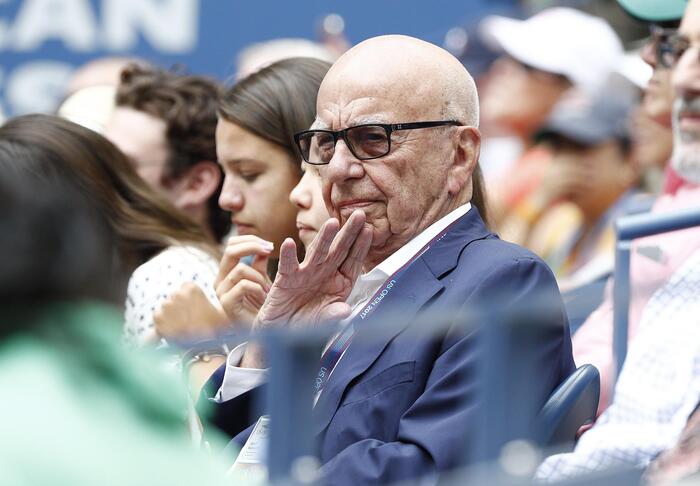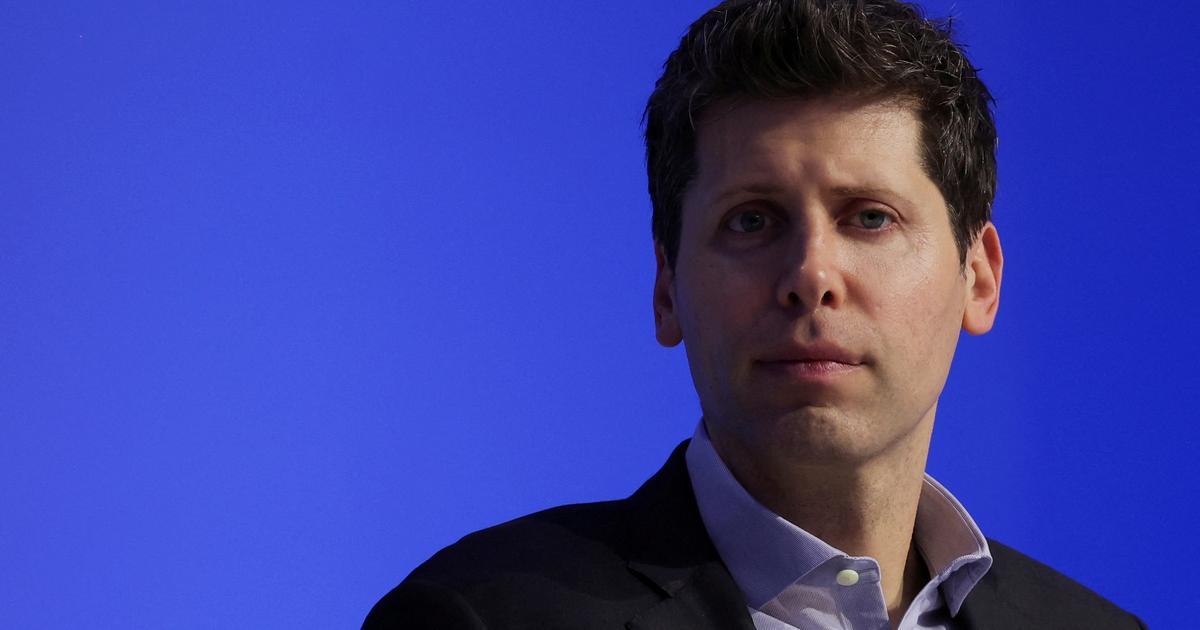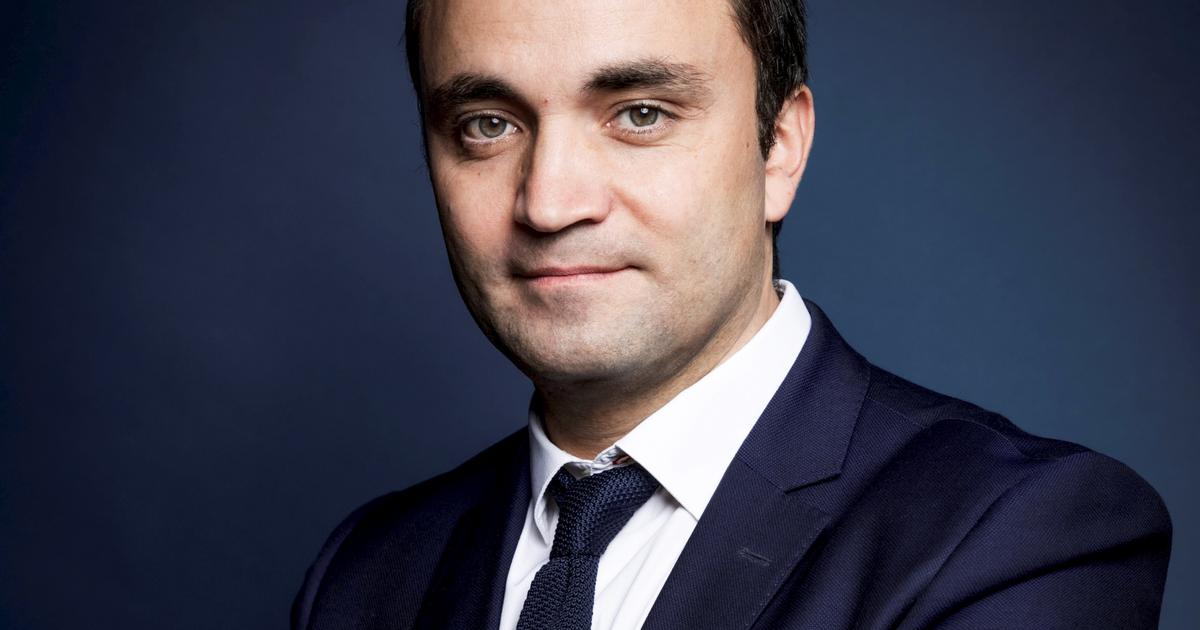Political situation
Written by: Wu Zhuoan
2021-01-17 19:33
Last update date: 2021-01-17 19:33
The IPCC set up an international expert group the year before to assist the IPCC in reviewing police work and procedures related to anti-revision activities. However, the expert group resigned due to insufficient power and independent investigation capabilities of the IPCC.
Clifford Stott, a former member of the international expert group and dean of the Institute of Natural Sciences at Keele University in the United Kingdom, issued a report on the anti-revision incident. He was interviewed by the Democratic Party’s International Affairs Committee yesterday (16th) and mentioned that when the expert group came to Hong Kong last year, Once met with Deng Bingqiang, who was the Deputy Commissioner of Police at the time. During the meeting, Deng Bingqiang spent 45 minutes giving a speech at the meeting. He also used "Mob Psychology" to analyze the anti-revision movement seven times, and talked with the experts. "Crowd Psychology" is quite different, he said bluntly: "This is not a discussion at all."
The chairman of the Democratic Party’s International Affairs Committee, Emily Liu, committee members Zeng Ziming and Yuan Haiwen visited Clifford Scott via video.
Deng Bingqiang arranged a three-hour class for the experts. Clifford Scott said he was very satisfied.
The chairman of the Democratic Party’s International Affairs Committee, Emily Liu, committee members Zeng Ziming and Yuan Haiwen visited Clifford Scott via video.
In the interview, Scott pointed out that he had begun to study public activities and demonstrations forty years ago. He believed that to understand the behavior of the demonstrators, it is necessary to understand the origin and reasons for triggering the demonstrations, as well as the reasons behind the collective actions of the masses.
The report published by Scott divides the anti-revision movement into three stages. He said that "6.9" to "7.1" are the first stage, dominated by non-violent actions, and "7.1" is the second stage of the movement, beginning Violent behavior occurred, and by "7.21" it began to evolve into the third stage, and collective violence began to occur. Some people moved from anti-amendment to anti-police illegitimacy.
The expert team visited Hong Kong for five days in November of the previous year and met with Deng Bingqiang and several commanders. At that time Deng Bingqiang spent 45 minutes expressing his personal opinions and used "Mob Psychology" to counter the amendment seven times. The analysis of the movement is very different from the "Crowd Psychology" of the experts. He bluntly said: "This is not a discussion at all." He revealed that one of the commanders had commented on the "Crowd Psychology" advocated by the expert group. "I am very interested, and communicate and discuss with experts.
Scott continued that during the break, he communicated with Deng Bingqiang, hoping that he would understand "Crowd Psychology". Then Deng Bingqiang arranged a 3-hour class the next day, of which 1.5 hours were led by the chairman of the expert group and former police officer of the Queen of England. Sir Denis O'Connor, Chief Inspector of the Ombudsman, explained to the commanders the issue of police legitimacy, and another 1.5 hours on social identity theory.
He had a very positive attitude towards the police at the time, but in the end their views and suggestions were completely ignored. The police "afterwards acted more completely contrary to these theories."
Scott revealed that during the expert group’s visit to Hong Kong, they interviewed the anti-revision demonstrators and the team of lawyers who assisted. However, the Supervisory Commission refused to include the content of the interview in the report, saying that before the expert group left Hong Kong, it planned to hold a press conference and write However, some members of the police officers were dissatisfied with the content of the press release and preferred the expert group not to publish the relevant content.
Scott was asked how the police can rebuild trust with citizens. He pointed out that this is a very complex issue. He pointed out that the research team led by Lifeng Li used "qualitative research" to interview demonstrators face to face about their views on the police. Zhong Tingyao used "quantitative research" to analyze the public's views on the police force with scientific data. Both investigations showed that the police had lost their legitimacy and trust.
+51
+51
+51
01News
IPCC|The police received more than a thousand complaints in the first 11 months, Leung Dingbang: No power to recommend system reform
The IPCC newly appointed members of the Legislative Council Wu Yongjia and Chen Zhenying as Vice-Chairmen
IPCC|Anti-amendment legislation resulted in 1946 complaints, one unreported but proved to be "Negligence of Duty"
IPCC|Police introduces portable camera, one person, one camera, anti-riot police helmet and digital motion video camera
The IPCC Anti-amendment Regulation Report

